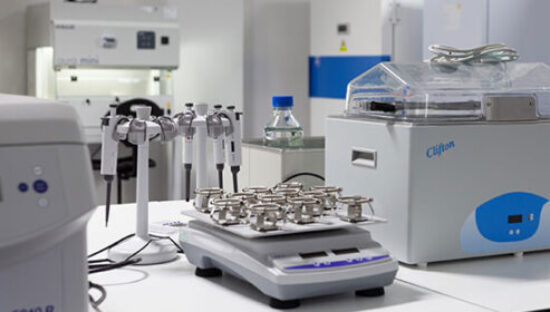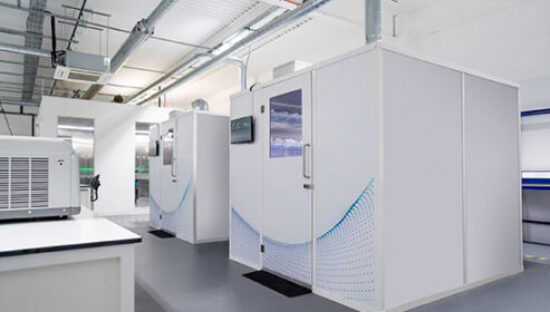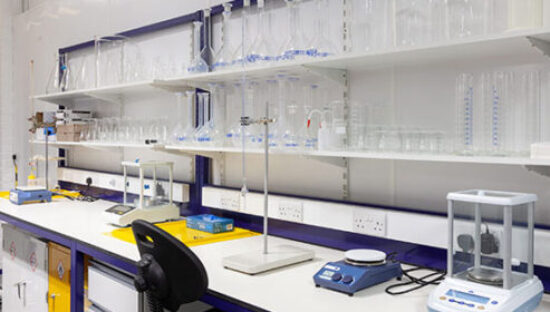Select your device

Ambulatory Pumps
Small, battery powered pumps that are designed to be wearable or portable so that fluids can be delivered without forcing the patient to be stationary.
36 related Medical device resources related to Ambulatory Pumps
- 36 services available
- 4 week typical lead time*

Syringe-Driver Pumps
These pumps contain a syringe which is gradually depressed using a computer- controlled screw.
36 related Medical device resources related to Syringe-Driver Pumps
- 36 services available
- 4 week typical lead time*

Patient-Controlled Analgesia
Infusion pumps that are operated by the patient themselves, with limiters in place to prevent overdose.
36 related Medical device resources related to Patient-Controlled Analgesia
- 36 services available
- 4 week typical lead time*

General purpose pumps
A stationary device for accurately delivering fluids into a patient’s system. These are typically controlled by on-board computers and use powered pumps.
36 related Medical device resources related to General purpose pumps
- 36 services available
- 4 week typical lead time*
Don't see your device?
See our research & testing facilities
Strong foundations are built with robust Quality Management Systems



